robert mcconnell, music director
Robert McConnell began his career as a musician in fifth grade when he began playing oboe in Washington, Iowa. While attending Northeast Missouri (Truman State) University he began studying with Richard Woodhams, Principal Oboe of the St. Louis Symphony. Woodhams encouraged McConnell to continue his work with renowned Oboe/English Horn soloist Louis Rosenblatt at Temple University in Philadelphia, Pennsylvania. After being awarded a Master's Degree in Oboe Performance, McConnell moved to Akko, Israel to teach music for a year.
McConnell returned to Iowa to the family farm, and was selected as Principal Oboe for the Quad City Symphony where he served 26 seasons. In 1990, was named music director of the Southeast Iowa Symphony Orchestra.
What compelled you to start conducting in addition to playing?
I don't have anything noble to tell you about my decision to go into conducting. Ruth Keraus of Iowa Wesleyan contacted me as soon as I returned to Iowa and got me involved with the band program. I also began working with my local musical theater group and municipal band in Washington. James Dixon, former orchestra director at the University of Iowa, was our conductor at the Quad Cities Symphony. I learned an incredible amount from him and the orchestra -- the importance of rehearsal organization, music style, and high standards; all while being surrounded by the best musicians of the region. I took these experiences into my work with Iowa Wesleyan with a group of dedicated regional musicians. It was the perfect combination.
Who is you favorite composer to perform as a musician/conductor?
People sometimes ask me my favorite piece or composer to play or conduct. If I absolutely had to choose, I would name Sibelius or Prokofiev. For me, these two composers have a unique language that I feel like I really connect with.
What should people expect when they come to a Southeast Iowa Symphony orchestra concert?
It is my goal that virtually anyone can to our concerts without previous listening experience and find it fun and interesting. I believe in short musical demonstrations before we play a piece to help give the audience some mental leverage in their listening. I especially love doing this in the public schools where many of the kids think that they are not going to enjoy it but then realize that they do. If people will take the chance to come listen to us, I think they'll be pleasantly surprised at how much fun they have at one of our concerts.

